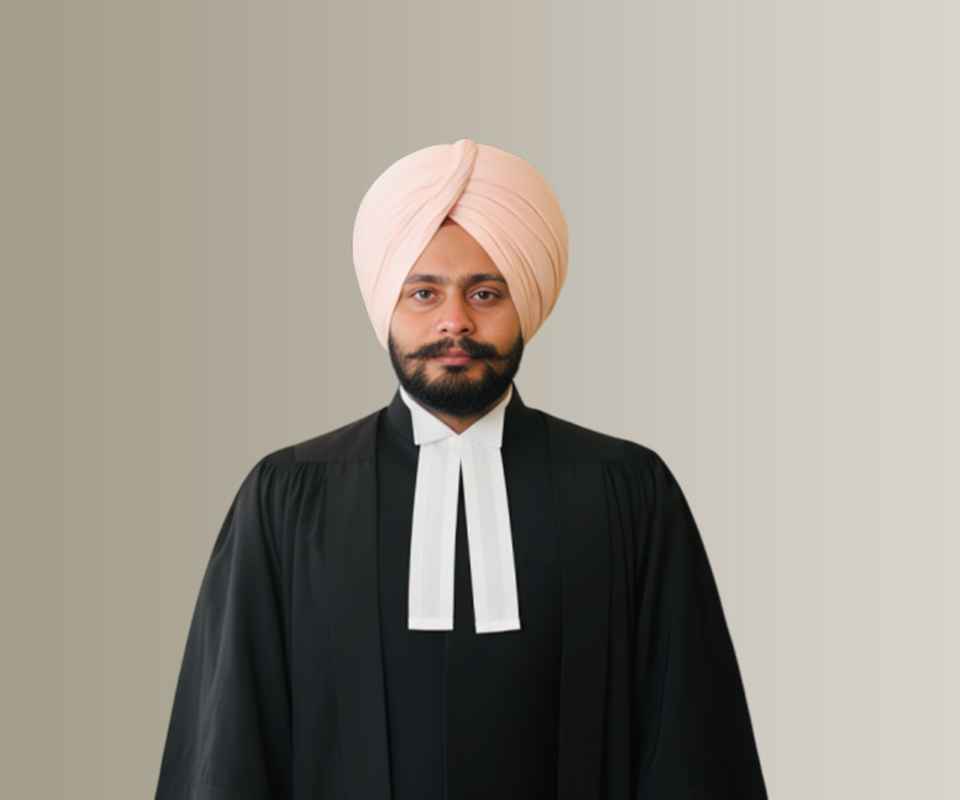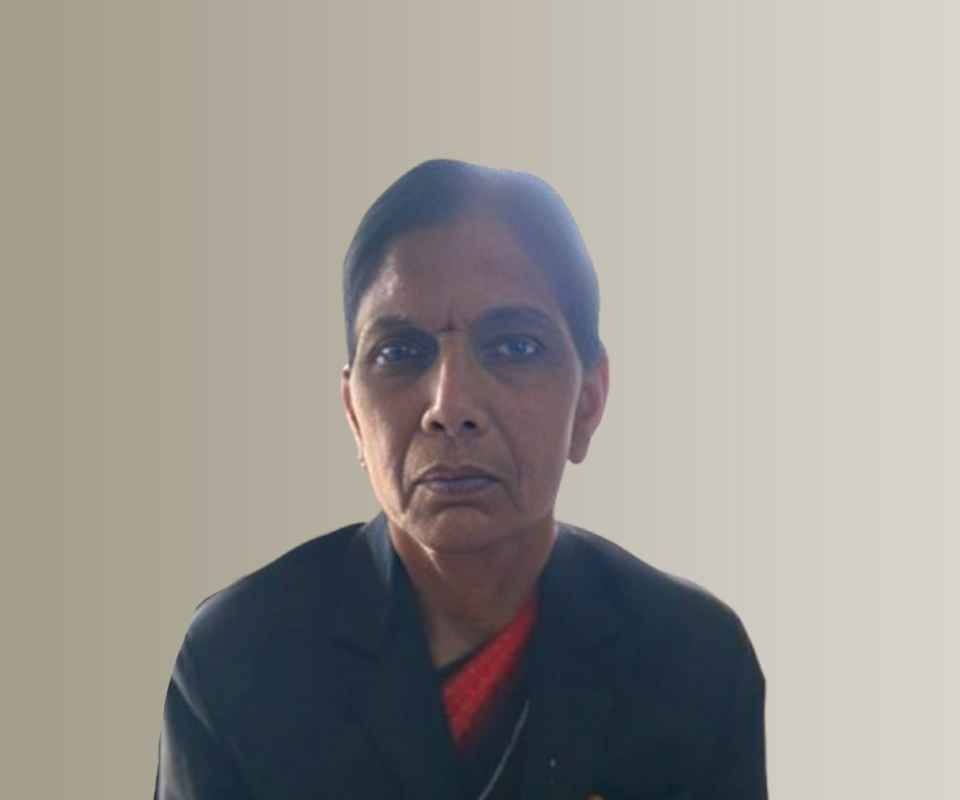Answer By law4u team
An honorary commission is a special form of recognition granted to certain individuals, often civilians, for their distinguished service or contributions to the country. In the context of the Indian Armed Forces, honorary commissions are typically granted to civilians who have made significant contributions in support of military activities or national defense, or to retired military personnel for exceptional service. The criteria and process for granting honorary commissions are clearly defined to ensure the honor is reserved for those who have made notable contributions to the military or nation.
Criteria for Granting Honorary Commissions:
1. Distinguished Service or Contribution to National Security:
Honorary commissions are generally awarded to individuals who have provided exceptional service or contributions to national defense or military affairs. This could include:
- Civilians who have contributed significantly to military operations, such as experts in fields like technology, defense research, or logistics.
- Senior retired military personnel who have rendered outstanding service throughout their careers.
2. Civilians with a Significant Military Connection:
Honorary commissions can be granted to civilians who have demonstrated significant support for the armed forces or defense activities in a way that enhances the military's capabilities or national security. Examples include prominent figures from the defense industry, academic experts in military strategy, or individuals who have worked in positions that directly support the military, like consultants or liaison officers.
3. Retired Officers Who Are Awarded Honorary Rank:
Retired officers of the armed forces can be granted honorary commissions as a form of recognition for their long and exemplary service, especially in cases where they have retired from a combatant role but are still deemed deserving of an honorary position or rank. This is typically granted in recognition of the merit and distinction achieved during their service.
4. Exceptional Contributions to Military or National Interests:
Honorary commissions can also be awarded to civilians or military personnel for exceptional contributions to military science, strategy, management, or welfare of the armed forces. The individual may have contributed significantly to the development of military hardware, military education, training programs, or even humanitarian and welfare efforts for veterans.
5. Rarity and Prestige of the Honorary Commission:
Honorary commissions are usually awarded to senior officials or those with special recognition. The commission is granted in recognition of prestige, honor, or status associated with serving the nation or armed forces in an exceptional manner.
6. Military or Civilian Recommendation:
The procedure for granting honorary commissions typically involves recommendations from military authorities or other relevant government departments. This could include:
- Army Headquarters or Ministry of Defence evaluating the individual’s record of service or contribution.
- The recommendation may also come from senior defense officials or military leadership, depending on the individual’s position and contributions.
7. Contributions in Special Circumstances:
Honorary commissions are often granted to individuals who have volunteered in times of national emergency, such as during wars, national crises, or natural disasters where their skills, leadership, or management have been critical to the success of military operations. Special circumstances, such as wartime contributions in non-combatant roles, may lead to the award of an honorary commission.
Process of Granting Honorary Commissions:
1. Nomination and Recommendation:
The process usually begins with a nomination or recommendation from senior officials in the military, Ministry of Defence, or related government bodies. The individual’s service or contributions must be thoroughly documented. The recommendation typically includes a detailed record of the individual’s achievements or service to the nation, particularly in areas that benefit the armed forces.
2. Review and Approval:
After the nomination, the review process begins, where the concerned authorities, such as the Defense Ministry or Armed Forces Headquarters, assess the contributions made by the individual. The process may involve consultations with various defense officials to ensure the individual meets the required criteria for an honorary commission.
3. Issuance of Commission:
Once the nomination is approved, the honorary commission is granted, often in the form of a formal ceremony. This ceremony is conducted by senior military officials or the Defence Minister. The individual receiving the honorary commission may be assigned an honorary military rank, such as Honorary Lieutenant Colonel or Honorary Major General, depending on their contributions and the recognition level.
4. Rank and Privileges:
While an honorary commission does not typically come with the same responsibilities as a regular military commission, it is a prestigious title that may grant the individual certain privileges or honorary benefits. This may include the ability to participate in official military functions or wear a uniform, though these are symbolic and do not grant military authority.
Example:
Example 1:
A renowned civilian scientist who developed a new technology to aid in military surveillance might be awarded an honorary commission in recognition of their contribution to national defense.
Example 2:
A retired military officer, after serving with distinction for several years in combat roles and then contributing to military policy-making, may be granted an honorary commission in a senior rank after retirement as recognition of his exceptional service.
Conclusion:
Honorary commissions in the Indian military are granted to individuals for their exceptional contributions to national defense or the armed forces, including civilians, retired officers, and others with a strong connection to military service. The granting of these commissions follows a well-defined procedure and criteria, focusing on merit, distinguished service, and contributions that have significantly benefited the military or national security.







